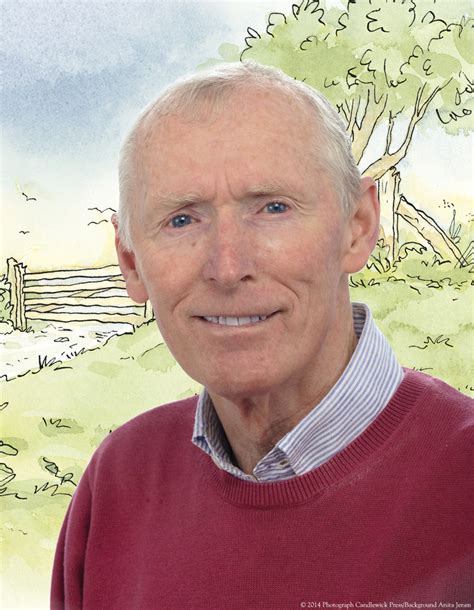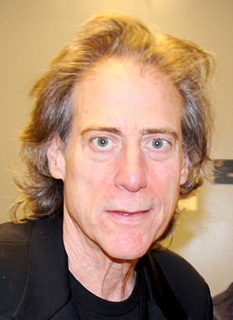A Quote by W. H. Auden
At first critics classified authors as Ancients, that is to say, Greek and Latin authors, and Moderns, that is to say, every post-Classical Author. Then they classified them by eras, the Augustans, the Victorians, etc., and now they classify them by decades, the writers of the '30's, '40's, etc. Very soon, it seems, they will be labeling authors, like automobiles, by the year.
Related Quotes
People often ask authors where their ideas come from, and often authors say they don't know. But I do know about this one. Once upon a time, my wife and I had three small children -- two boys and a girl, just like in the story. And when they were young, we used to tell them a story very like YOU'RE ALL MY FAVORITES.
Teachers and librarians can be the most effective advocates for diversifying children's and young adult books. When I speak to publishers, they're going to expect me to say that I would love to see more books by Native American authors and African-American authors and Arab-American authors. But when a teacher or librarian says this to publishers, it can have a profound effect.
Authors also create lovable, friendly characters, then proceed to do terrible things to them, like throw them in unsightly librarian-controlled dungeons. This makes readers feel hurt and worried for the characters. The simple truth is that authors like making people squirm. If this weren't the case, all novels would be filled completely with cute bunnies having birthday parties.





































